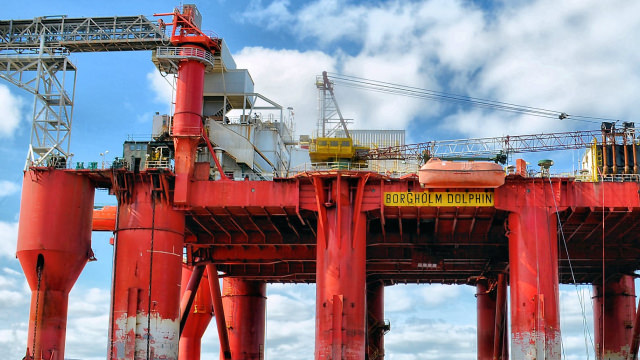Mkango’s Pulawy Rare Earth Separation Project: A Strategic Initiative Under the European Commission’s Critical Raw Materials Act
Mkango Resources Ltd., a leading mining company with operations in Europe and Canada, recently made an exciting announcement. The company’s Pulawy Rare Earth Separation Project in Poland has been designated as a Strategic Project by the European Commission under the Critical Raw Materials Act (CRMA).
What is the Pulawy Rare Earth Separation Project?
The Pulawy project is a rare earths separation facility, which will be established in the town of Pulawy, Poland. Mkango Resources aims to develop this facility to produce high-purity rare earth oxides, essential elements used in various high-tech applications such as electric vehicles, wind turbines, and magnetic resonance imaging (MRI) systems.
Why is the Pulawy Project a Strategic Project under the CRMA?
The European Union (EU) considers rare earth elements as critical raw materials due to their essential role in numerous high-tech industries. The CRMA was enacted to ensure a secure and sustainable supply of these materials within the EU. By designating the Pulawy project as a Strategic Project, the European Commission aims to promote the domestic production of rare earths and reduce dependence on imports.
Benefits for Mkango and the European Union
Mkango: This designation is a significant milestone for Mkango. It will provide the company with access to various incentives and funding opportunities under the CRMA. The project is expected to create jobs and stimulate economic growth in Poland and the EU as a whole.
European Union: The Pulawy project’s strategic importance under the CRMA will contribute to the EU’s goal of achieving a more sustainable, circular, and resilient economy. Domestic production of rare earths will reduce the EU’s reliance on imports, ensuring a more secure and stable supply chain for these critical materials.
Impact on Consumers and the World
The designation of the Pulawy project as a Strategic Project under the CRMA is expected to have a positive impact on consumers and the world as a whole. With the increasing demand for high-tech devices and clean energy technologies, the global market for rare earths is poised for growth. The following are some potential benefits:
- Reduced Dependence on Imports: The EU’s production of rare earths will decrease its reliance on imports, contributing to energy security and reducing the carbon footprint of transportation.
- Job Creation: The development of the Pulawy project will create jobs in Poland and the EU, contributing to economic growth and reducing unemployment.
- Sustainable Production: The CRMA encourages the sustainable production of rare earths, ensuring that the extraction and processing of these elements do not harm the environment.
- Innovation and Technological Advancements: The availability of a stable and secure supply of rare earths will enable innovation and technological advancements in various industries, including electric vehicles, renewable energy, and medical technology.
Conclusion
Mkango Resources’ Pulawy Rare Earth Separation Project’s designation as a Strategic Project under the European Commission’s Critical Raw Materials Act is a significant step towards reducing the EU’s dependence on rare earth imports and ensuring a more sustainable and secure supply chain for these critical materials. The project is expected to create jobs, contribute to economic growth, and provide a stable source of rare earths for high-tech industries. This development underscores the importance of domestic production and the role the European Union plays in shaping the global rare earth market. As consumers, we can look forward to the benefits of this project, including the continued innovation and technological advancements in various industries that rely on rare earths.
Stay tuned for more updates on the Pulawy project and the European rare earths market.





